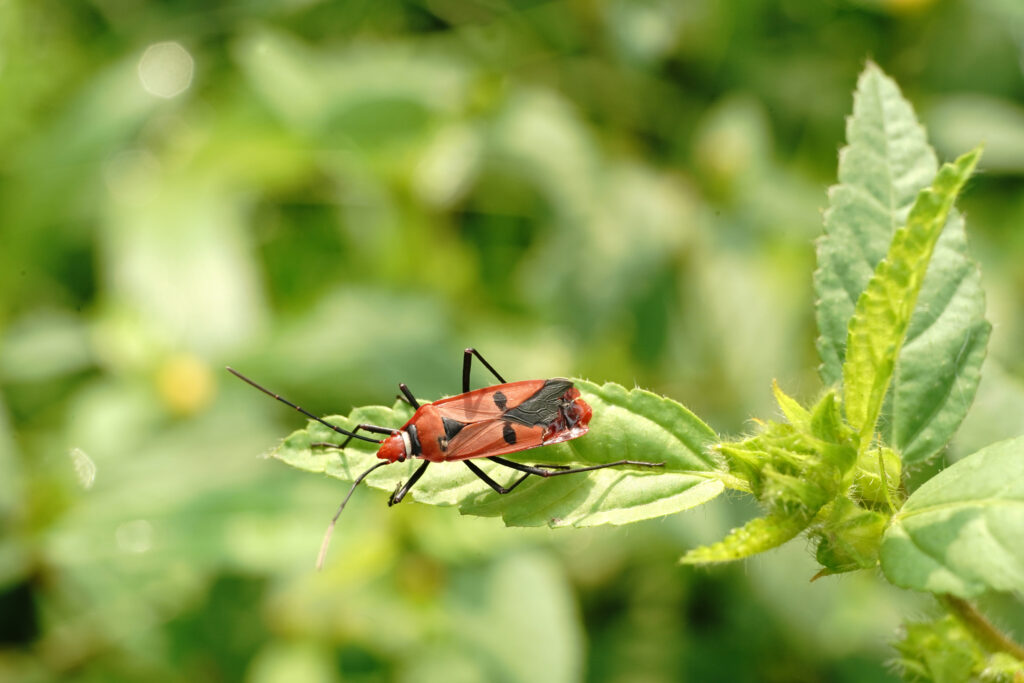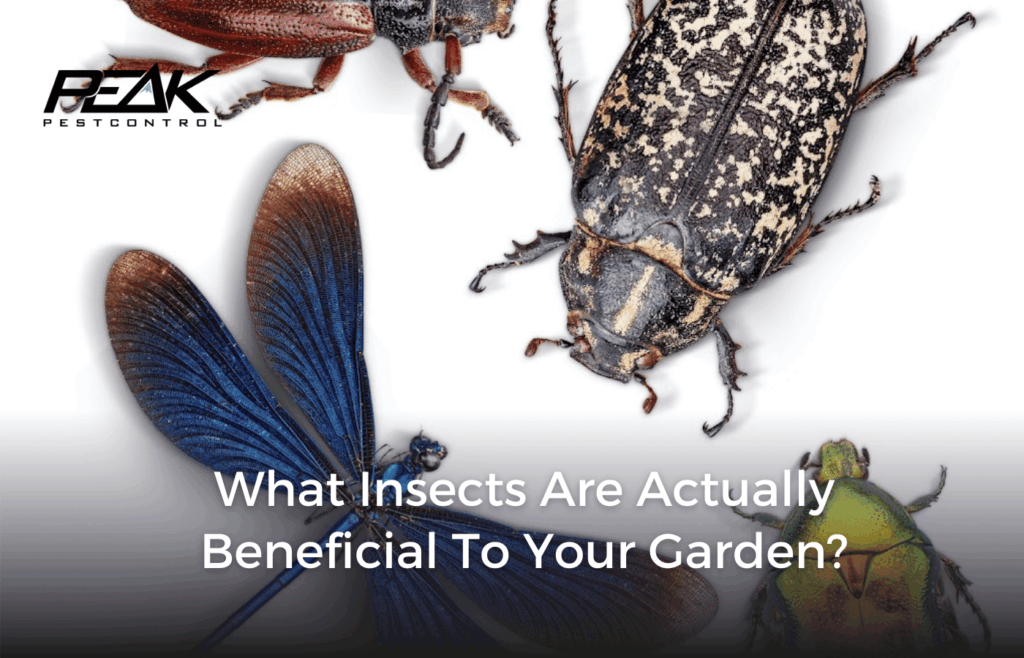Gardening is such a rewarding hobby, but ridding your plants of pests can certainly be one tough job. Though some of these insects will damage your plants, others actually help them. Knowing which are the ones you would want to encourage and which ones you want to control really does make all the difference. In this blog post, we’ll discuss beneficial insects needed for your garden and offer tips for insect control in Carson.

Beneficial Insects for Your Garden
Ladybugs
One of the more famous beneficial insects is the ladybug. These tiny red beetles have a diet of aphids, insects responsible for harming many plants. They will keep your garden healthy by keeping aphid populations under control.
Bees
Bees are crucial for pollination. Without them, many plants wouldn’t be able to produce fruits and vegetables. Encouraging bees in your garden can improve your crop yields significantly.
Lacewings
Lacewings are another insect that feeds on aphids, as well as other small pests like mites and caterpillars. Their larvae are particularly voracious, consuming large numbers of harmful insects.
Ground Beetles
Ground beetles can be of value to gardeners in reducing the populations of truly injurious land-dwelling pests like slugs, snails, and root maggots. These insects are generally nocturnal, being a gardener’s best friends.
Hoverflies
Hoverflies look a lot like small bees, but they do not sting. Their dual role in pollination—to some extent—is their ability to feed on aphids and other pests in the larval stage.
How to Attract Beneficial Insects
Plant Diversity
Having a variety of plants in your garden can attract different types of beneficial insects. Flowers like marigolds, daisies, and sunflowers are particularly good at attracting these helpful bugs.
Avoid Pesticides
While pesticides can control harmful insects, they can also kill the beneficial ones. Opt for organic or natural pest control methods whenever possible.
Provide Shelter
Beneficial insects need places to hide and breed. Simple structures like piles of stones, small logs, and even dedicated insect hotels can provide the necessary shelter.
Protecting Your Garden from Common Pests
Regular Inspection
One of the best ways to keep pests at bay is to regularly inspect your plants. Look for signs of damage or the presence of harmful insects and take action promptly.
Natural Predators
As mentioned earlier, beneficial insects can control many common garden pests. Encouraging these natural predators can reduce the need for chemical pesticides.
Insect Control in Carson
If you’re dealing with a severe pest problem, consider seeking professional help. Companies specializing in insect control in Carson can provide targeted solutions without harming the beneficial insects in your garden.
Pest Control in Carson
For more comprehensive solutions, pest control in Carson can offer a range of treatments to keep your garden pest-free. These services often include customized plans that consider your specific needs and the local ecosystem.
Embrace Nature’s Helpers: Your Guide to a Pest-Free Garden in Carson
Beneficial insects can actually help keep your garden healthy. You will seldom use chemical pesticides if you attract such helpful bugs. Always remember to check on your garden frequently and protect it from hazardous pests. If you live in Carson and need professional help, consider contacting a local insect and pest control service.
To safeguard your garden and embrace a natural balance, don’t wait until pests become an overwhelming problem. Reach out to Peak Pest Control today — your local experts in Carson. We specialize in custom plans tailored to your needs and the local ecosystem, promoting a healthy garden with minimal chemical use. Let us help you attract beneficial insects and control pests. Contact Peak Pest Control for a consultation and start your journey to a pest-free garden. Your beautiful, balanced outdoor space awaits!


